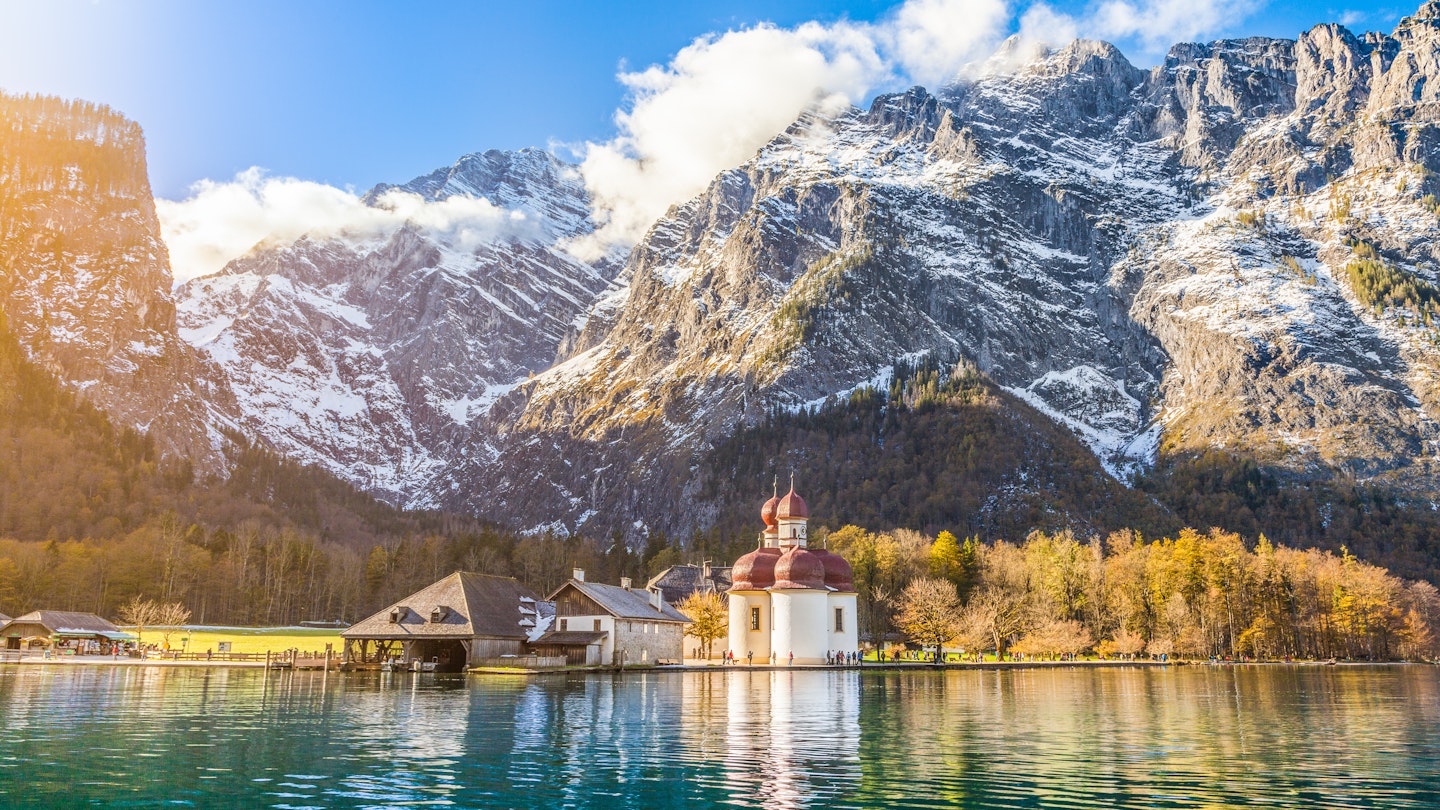Best Times to Visit Germany
Germany is a country that embraces its seasons, with events and celebrations spread across the calendar. With a balmy southwest, a cool northern coast, and a mountainous south, the weather is by no means uniform between the states. Therefore, it’s essential to check the region you plan to visit for more detailed information, including which festival is next. This seasonal guide can help you plan the perfect time for your visit to Germany.
May to September: The Best Time for Warmer Weather

Germany’s warmest period is sandwiched between cherry blossoms in the spring and golden leaves in the autumn. July and August normally see the highest temperatures, but can also bring moody thunderstorms, sudden downpours, and even hail. Therefore, those heading for the cooler coast should still aim for these hottest months, despite the crowds.
If you are planning outdoor activities like hiking or cycling, you might want to schedule your trip during the more stable conditions either side of summer. School holidays are staggered by state in Germany, running from June through to September, adding to the busy tourist season.
September and October: The Best Times for Beer Festivals

Munich’s Oktoberfest kicks off in late September and runs until the start of October. During this time, hotel prices rise steeply, and places are booked up months in advance. If you’re not interested in the event, consider visiting other charming festivals throughout the year for a more relaxed experience.
Additionally, late summer is the peak season for wine-related celebrations, such as the Stuttgart Wine Festival and the Rheingau Wine Festival in Frankfurt, making it an excellent time for visitors interested in German wines.
March to May and October to November: The Best Times for Budget Travelers
The weather during these months can be unpredictable; however, they should no longer feel like the depths of winter. These off-peak shoulder seasons are a great time for budget travel due to lower rates for accommodation and lower demand. Expect quieter inner cities and old towns, as well as popular sights without the crowds. It’s advisable to adapt your itinerary and wardrobe according to the forecast.
December: The Best Time for Christmas Markets

Opening towards the end of November and running all the way up to Christmas, Germany’s markets bring hot mulled wine and smoky sausage grills to towns, villages, and cities across the country. A trip during this time will help get you in the festive mood and might even offer some snow. However, be aware that popular destinations such as Nuremberg and Dresden may see an increased demand for accommodation.
January to March: The Best Time for Skiing

The skiing season starts in earnest after Christmas, with the Alps and resorts like Garmisch-Partenkirchen located just a one to two-hour drive from Munich airport. In areas lacking significant snow coverage, winter can feel cold and dark. However, the cafe culture in cities such as Berlin can provide cozy escapes from the icy streets outside.
In some regions, colorful processions and a party atmosphere can be experienced during Fasching or carnival, adding a lively touch to the beginning of the year.
This content has been optimized to help you navigate the best times to visit Germany whether you’re interested in festivals, outdoor activities, or just seeking a budget-friendly experience.




